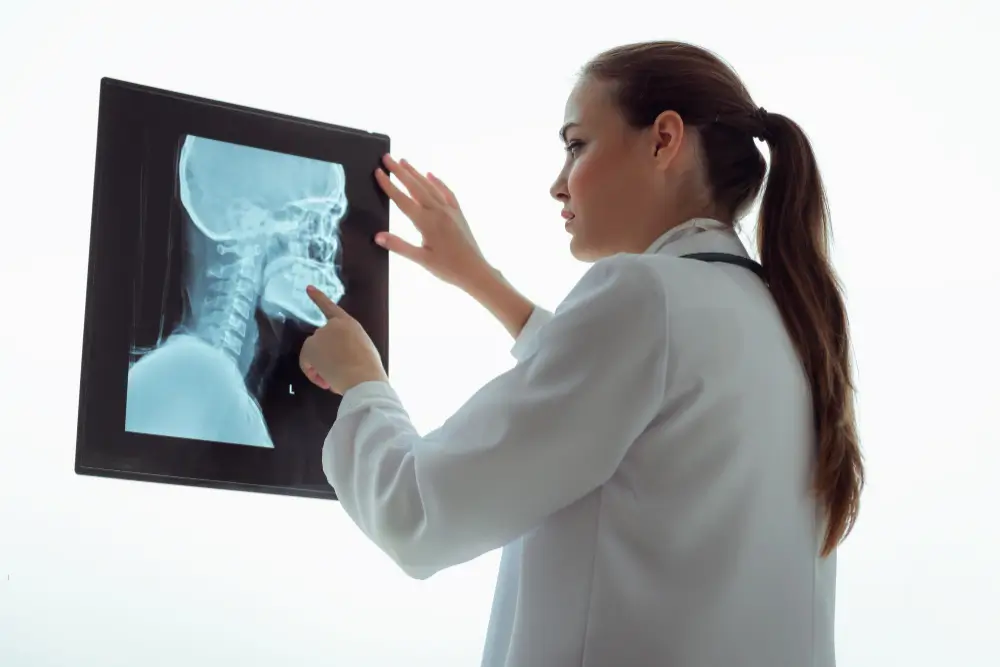In the evaluation of cancer, one of the main concerns of both patient and investigator is whether cancer has already spread to the bones. Bone sites are among the most common sites of reported tumor metastasis, specifically in cancers of breast cancer, prostate cancer, and lung cancer. One of the imaging studies we perform is a bone scan, which is a nuclear imaging study. So, can a bone scan detect cancer? In this article, we will discuss how it works, what it shows, and what it cannot show.

What is a Bone Scan?
A nuclear bone scan is a diagnostic imaging test that is used by doctors for the assessment of abnormalities within the bones. A small amount of radioactive material, called a tracer, is injected into a patient’s bloodstream. The tracer travels through the body and will deposit in areas of the body that are demonstrating high bone activity or turnover — this is essentially a place where the bone is repaired or where unusual bone growth is present.
A few hours after administration, a special camera, called a gamma camera, will scan the entire body, detecting radiation emitted from the tracer. Images will reveal hot spots or areas showing increased tracer absorption, or cold spots that indicate areas showing reduced activity that can signify different pathologies, including fractures, infections, and possibly cancer.
Can Bone Scans Detect Cancer?
Yes, a nuclear bone scan in Mohali can detect cancer in the bones, but with important qualifications. A bone scan is extremely sensitive to changes in bone metabolism – meaning it can show that the metabolism has changed due to abnormality caused by cancer (including bone metastases) more quickly than a regular X-ray. A bone scan does not identify a cancer. A bone scan will show that the bones are not normal, but it will not state that it is due to cancer. Most frequently, further diagnostic workup is done to determine if the abnormality is a cancer, such as an MRI, CT, PET scan, or biopsy can be done.
Cancers Commonly Identified with Bone Scans
Bone scans are generally effective for detecting metastatic cancer. Metastatic cancer is what occurs when cancer has spread from its original site to the bones. The cancers that often spread to the bone are:
- Breast cancer
- Prostate cancer
- Lung cancer
- Kidney cancer
- Thyroid cancer
In these instances, nuclear bone scan in Mohali helps identify locations, as well as the number and extent of the metastatic sites, and will be important for treatment and tracking responses to therapy.
While bone scans have great sensitivity, specificity is less than perfect. Things like arthritis, fractures, infections, or even recent surgery can cause “hot spots” just like cancer-related changes. Thus, bone scans are usually interpreted with other imaging and clinical findings in making the diagnosis.
If you are seeking nuclear bone scan in Chandigarh, or nuclear imaging test in Mohali, Sohana Hospital can be the right option for you. Sohana Hospital Mohali has the world’s most advanced technology and experienced specialists who provide the most comprehensive diagnosis and compassionate cancer care. With your will and the expertise of the doctors, cancer can be conquered!
